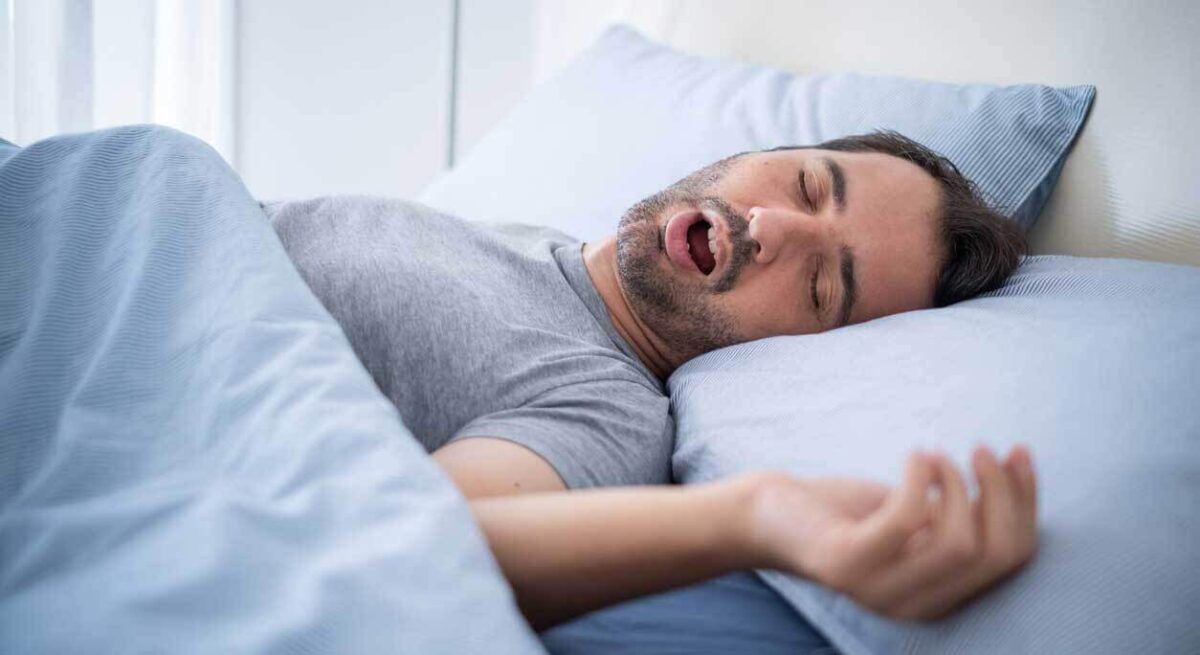Unveiling the Mystery of Sleep Disorders: Sleep Medicine Solutions for Restful Sleep (Including Sleep Apnea)
Sleep is a fundamental human need, yet countless individuals struggle with sleep disorders that disrupt their sleep patterns and leave them feeling exhausted. These sleep disorders encompass a wide range of conditions, each with its unique set of symptoms. Sleep medicine dedicates itself to understanding and treating these sleep disorders, offering a personalized approach to achieving optimal sleep hygiene. This article explores the most common sleep disorders, with a particular focus on sleep apnea, a prevalent and potentially serious condition.
Understanding the Spectrum of Sleep Disorders: Beyond Counting Sheep
Insomnia: The Difficulty of Falling or Staying Asleep:
Insomnia is one of the most common sleep disorders, characterized by difficulty falling asleep, staying asleep, or both. Individuals with insomnia may wake up feeling unrested even after a full night in bed.
Restless Legs Syndrome (RLS): An Irresistible Urge to Move:
RLS is a neurological condition characterized by an irresistible urge to move the legs, usually accompanied by an uncomfortable sensation that worsens at night and improves with movement.
Narcolepsy: Excessive Daytime Sleepiness and Sudden Sleep Attacks:
Narcolepsy is a sleep disorder characterized by excessive daytime sleepiness and sudden sleep attacks that can occur at any time during the day, regardless of the situation.
Sleepwalking and Other Parasomnias:
Parasomnias are abnormal sleep behaviors that occur during partial arousal from sleep. Sleepwalking, night terrors, and sleep talking are some examples of parasomnias.
Sleep Apnea: When Your Breathing Stops and Starts During Sleep
Understanding Obstructive Sleep Apnea (OSA):
OSA, the most common type of sleep apnea, occurs when airflow through the upper airway becomes blocked during sleep. This blockage can be caused by a variety of factors, including a narrowed airway, enlarged tonsils, or relaxed throat muscles.
Symptoms and Health Risks of Sleep Apnea:
The repeated episodes of breathing cessation during sleep apnea can lead to loud snoring, frequent awakenings, and daytime sleepiness. Chronic sleep deprivation associated with sleep apnea can increase the risk of high blood pressure, heart disease, stroke, and type 2 diabetes.
Sleep Medicine: A Path to a Diagnosis and Treatment for Restful Sleep
Consultation and Medical History:

A sleep medicine specialist will begin by discussing your sleep history, including your sleep patterns, symptoms you experience, and any medications you are taking. They will also inquire about your medical history to understand any potential contributing factors.
Sleep Studies: Unveiling the Mysteries of Your Sleep:
A sleep study, often conducted overnight in a sleep lab, plays a crucial role in diagnosing sleep disorders, including sleep apnea. During a sleep study, brain activity, muscle activity, breathing patterns, and oxygen levels are monitored to identify any abnormalities in your sleep cycle.
Treatment Options for Sleep Disorders:
Treatment options for sleep disorders vary depending on the specific diagnosis. Sleep medicine specialists offer a range of treatments, including:
- Lifestyle modifications: Establishing healthy sleep habits, maintaining a regular sleep schedule, and avoiding caffeine and alcohol before bed can be effective for mild sleep disorders.
- Cognitive behavioral therapy for insomnia (CBT-I): CBT-I is a type of psychotherapy that can be helpful for managing insomnia by addressing negative thoughts and behaviors related to sleep.
- Continuous Positive Airway Pressure (CPAP): CPAP is the gold standard treatment for moderate to severe sleep apnea. A CPAP machine delivers pressurized air through a mask worn during sleep, preventing airway collapse and ensuring normal breathing.
- Oral appliances: In some cases, oral appliances designed to keep the airway open during sleep may be a treatment option for sleep apnea.
- Surgical procedures: In certain situations, surgical procedures may be recommended to address anatomical

